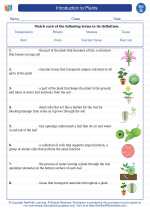Introduction to Plants -> excretory system
Excretory System
The excretory system is responsible for removing waste and excess materials from the body in order to maintain homeostasis. This system includes the kidneys, ureters, urinary bladder, and urethra. The main functions of the excretory system are to eliminate waste products, regulate blood volume and pressure, control levels of electrolytes and metabolites, and regulate blood pH.
Organs of the Excretory System
- Kidneys: The kidneys are the main organs of the excretory system. They filter waste and excess substances from the blood to produce urine.
- Ureters: The ureters are tubes that carry urine from the kidneys to the urinary bladder.
- Urinary Bladder: The urinary bladder stores urine until it is excreted from the body.
- Urethra: The urethra is the tube through which urine is excreted from the body.
Processes of the Excretory System
The excretory system performs several important processes to maintain balance within the body:
- Filtration: Blood is filtered in the kidneys to remove waste products and excess substances, which are then excreted as urine.
- Reabsorption: Essential substances such as water, glucose, and ions are reabsorbed back into the bloodstream from the filtrate in the kidneys.
- Secretion: Certain substances, such as hydrogen ions and potassium ions, are actively secreted into the filtrate to be excreted from the body.
Common Excretory System Disorders
Some common disorders of the excretory system include:
- Urinary Tract Infections (UTIs): Infections that affect the urinary system, usually caused by bacteria.
- Kidney Stones: Hard deposits of minerals and salts that form in the kidneys and can cause severe pain.
- Chronic Kidney Disease: A gradual loss of kidney function over time, often due to conditions such as diabetes or high blood pressure.
Study Guide
To study the excretory system, consider focusing on the following key points:
- Identify the organs of the excretory system and their functions.
- Understand the processes of filtration, reabsorption, and secretion in the kidneys.
- Learn about common disorders and diseases that affect the excretory system.
- Explore the importance of maintaining a healthy excretory system for overall health and well-being.
By understanding the excretory system and its functions, you can gain insight into how the body eliminates waste and maintains internal balance.
[Excretory System] Related Worksheets and Study Guides:
.◂Science Worksheets and Study Guides Seventh Grade. Introduction to Plants

 Worksheet/Answer key
Worksheet/Answer key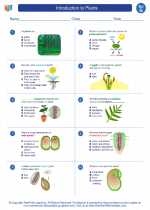
 Worksheet/Answer key
Worksheet/Answer key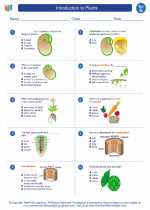
 Worksheet/Answer key
Worksheet/Answer key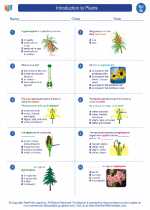
 Worksheet/Answer key
Worksheet/Answer key
 Vocabulary/Answer key
Vocabulary/Answer key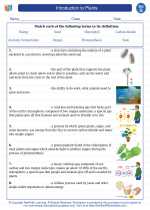
 Vocabulary/Answer key
Vocabulary/Answer key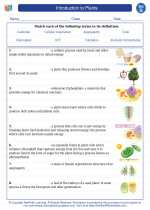
 Vocabulary/Answer key
Vocabulary/Answer key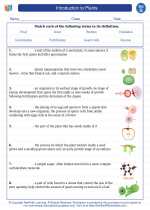
 Vocabulary/Answer key
Vocabulary/Answer key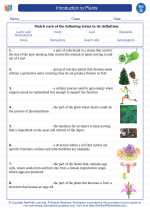
 Vocabulary/Answer key
Vocabulary/Answer key